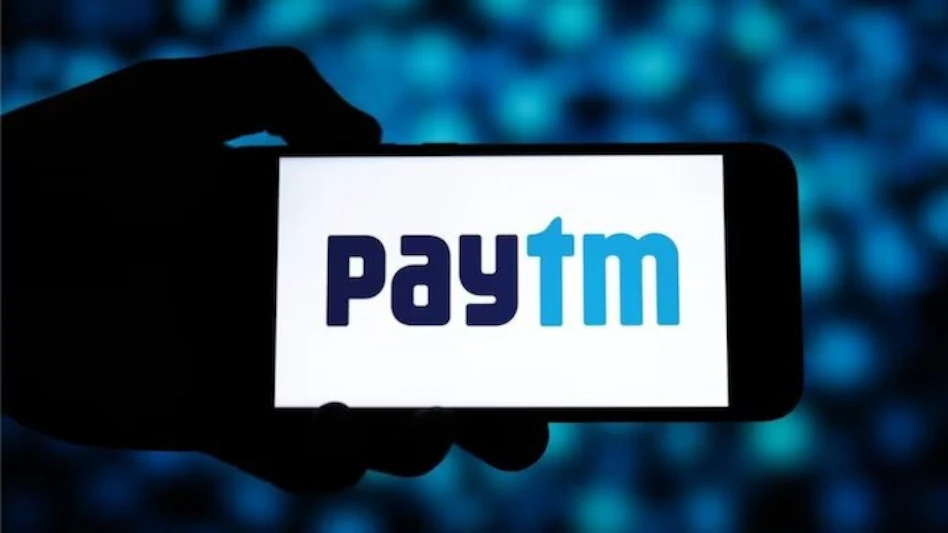Paytm Block Deal: Antfin to Exit Entire Stake—What Investors Need to Know Today
"Paytm block deal" Alibaba’s Antfin is set to offload its entire stake in Paytm through a significant block deal. Explore the impact on Paytm’s stock price, investor sentiment, and what it means for the future of digital payments in India.
Paytm Block Deal Today: Why Stock is in Focus as Alibaba’s Antfin Set to Offload Entire Stake
India’s digital payments giant Paytm has once again become the center of stock market buzz as Alibaba’s Antfin prepares to sell its entire stake through a massive block deal. Such a move marks a major shift not just for Paytm, but also carries broader implications for the fintech landscape in India and global investor sentiment.
In this article, we’ll break down what’s happening with Antfin’s stake sale, why Paytm shares are in limelight, and what retail and institutional investors should watch out for.
Understanding the Block Deal: What’s Happening?
A block deal refers to a single transaction involving a large number of shares, often executed away from the open market to avoid price disruptions.
Today’s focus is on Antfin, Alibaba’s financial arm, as it looks to offload its entire holding in Paytm parent company One 97 Communications.
This move is significant because Antfin, which once held a major position in Paytm, is aiming to sell all its remaining shares in the open market.
Sources suggest that this sale could be valued at several hundreds of millions of dollars, depending on the prevailing share price.
Why Is Antfin Exiting Paytm Now?
There are several factors that could have driven Antfin’s decision:
Strategic Realignment: Chinese investors have been reducing their exposure to Indian tech firms amid tightening regulations and a shifting geopolitical climate.
Profit Booking: With Paytm’s stock seeing periods of volatility, this could be an opportunity for Antfin to lock in gains after years of holding.
Regulatory Pressure: Changes in foreign ownership guidelines and scrutiny may have escalated the decision to exit.
Impact on Paytm Stock Price
Major block deals often trigger volatility in the short term. Paytm’s stock is likely to experience notable price fluctuations as the market reacts to the massive offload of shares:
Short-Term Volatility: The sudden availability of a huge chunk of shares might put downward pressure on the stock price, especially if there aren’t enough buyers to absorb the supply.
Long-Term Perspective: If a marquee investor, such as a large Indian institutional fund, steps in to pick up Antfin’s stake, it could add stability and boost confidence in Paytm’s long-term fundamentals.
What Does This Mean for Investors?
Here’s what savvy market participants should keep in mind:
Monitor Stock Volumes: A spike in trading volumes is expected as the block deal goes through. This could present short-term trading opportunities but also increases risk.
Track New Shareholders: The identity of the buyer(s) is crucial. If respected investors acquire the stake, it can signal trust in Paytm’s growth story.
Consider Fundamentals: While ownership changes are impactful, Paytm’s business fundamentals, user growth, and profitability outlook remain key for long-term investors.
Broader Implications for Digital Payments in India
The exit of Antfin signals a new era for Paytm and the Indian fintech ecosystem:
Increased Domestic Ownership: More Indian or global non-Chinese ownership may align better with India’s regulatory environment.
Potential for Strategic Partnerships: Freed from significant Chinese influence, Paytm may attract new strategic investors or partners, fueling further innovation.
Will Paytm’s Stock Recover After the Block Deal?
History shows that after the completion of large block deals, the overhang on a stock often lifts, leading to stabilization or recovery. However, outcomes depend on the identity of the new investors and the overall sentiment toward Indian fintech stocks.
Investors should recall that Paytm has been focusing on scaling its core payments platform, expanding into financial services, and aiming for profitability—a promising trajectory if executed well.
Key Takeaways for Traders and Investors
Stay Informed: Follow official disclosures from Paytm and exchanges for confirmation of the block deal price and buyer details.
Look Beyond Volatility: Examine Paytm’s quarterly results and ongoing strategic actions to assess the company’s real value.
Diversify Exposure: Rather than making concentrated bets, diversifying across quality fintech and banking stocks can reduce risk in a fast-evolving sector.
Conclusion
Antfin’s move to offload its entire stake in Paytm via a block deal is a significant event for India’s capital markets. While there may be short-term volatility, the long-term story of digital payments in India remains strong. Investors should assess the news in the context of their risk appetite and broader market strategy.
